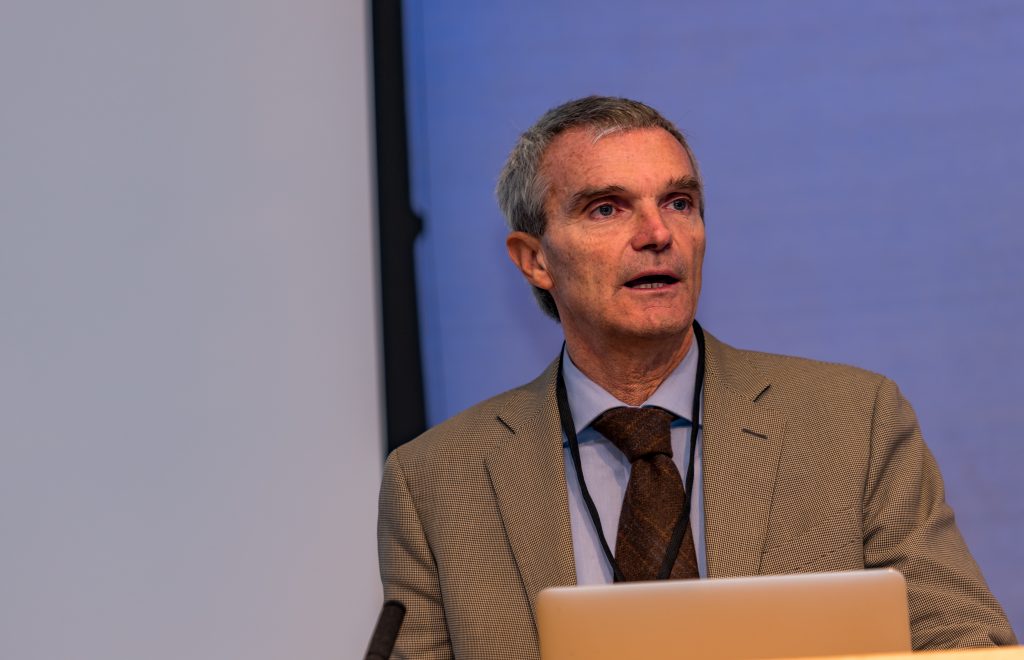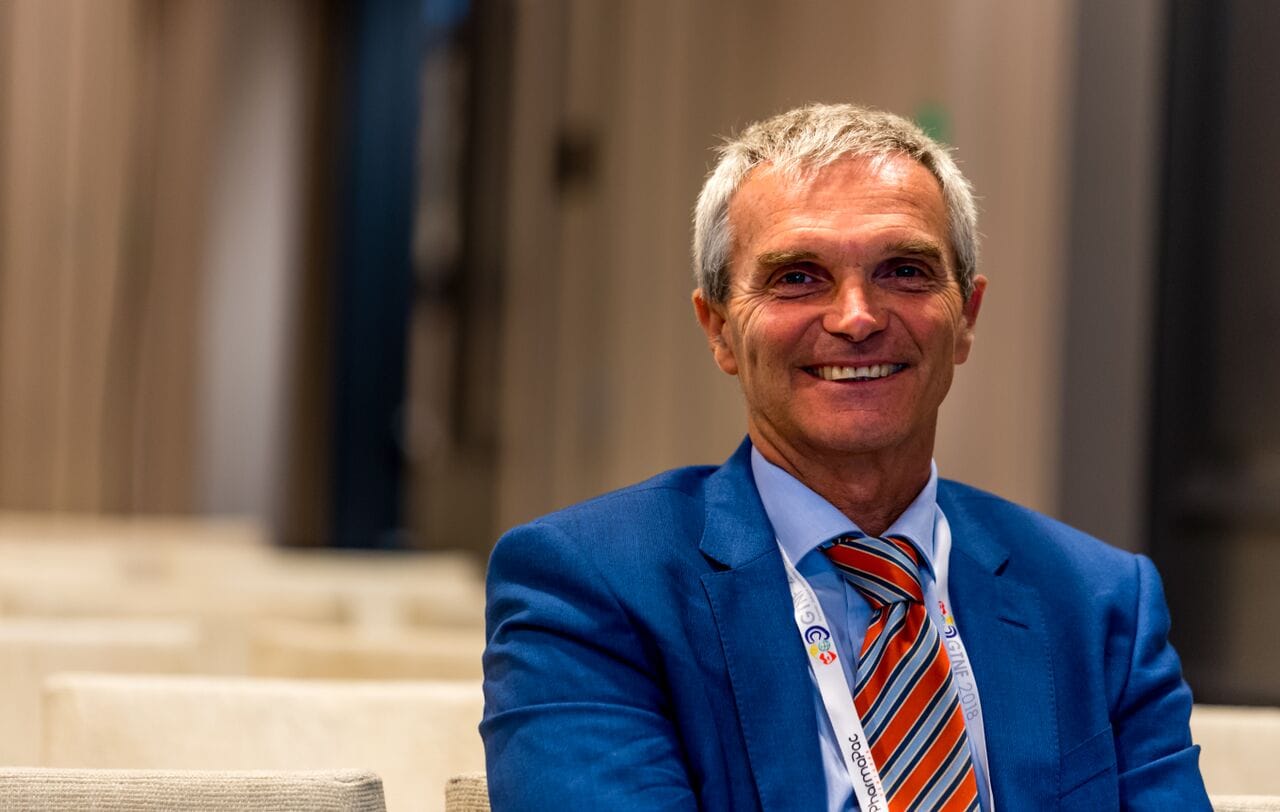Riccardo Polosa at the United Nations General Assembly
New York 28/09/2018 – Professor Riccardo Polosa is in New York and he participated to the Third High-level Meeting on the prevention and control of noncommunicable diseases (NCDs) of the United Nations General Assembly.
An important opportunity for the CoEHAR’s director (Center of Excellence for the acceleration of HArm Reduction of the University of Catania, Italy) that he intervened as an authoritative member of the international scientific community on public health policy and solutions to reduce smoking risks in the world.
Riccardo Polosa was at the summit of Multi-stakeholder Panels 1, the session that examinated two important issues: strengthening health systems and financing for the prevention and control of NCDs and the promotion of healthy lifestyles. These diseases (such as diabetes, mental health conditions, cardiovascular diseases and cancer) represent indeed an important challenge for public health and for human development. And smoking is a primary risk factor.
In October 2017, in fact, the United Nations General Assembly published the document: “Time to deliver: report of the WHO Independent High-Level Commission on Noncommunicable Diseases” with the main recommendations for defeating non-communicable diseases, which are mainly caused by smoking, alcohol abuse, improper nutrition and low levels of physical activity.
 “The media attention towards this global event must echo the great revolution that the world is experiencing – said prof. Polosa – I have presented in NY the scientific evidence and the result achieved in many countries thanks to the tools that reduce smoking harm. We are fighting a great battle and we want to change the lifestyle of millions of people in the world. But it is necessary to have the support from the Institutions. This is a challenge that represent at the same time a great opportunity”.
“The media attention towards this global event must echo the great revolution that the world is experiencing – said prof. Polosa – I have presented in NY the scientific evidence and the result achieved in many countries thanks to the tools that reduce smoking harm. We are fighting a great battle and we want to change the lifestyle of millions of people in the world. But it is necessary to have the support from the Institutions. This is a challenge that represent at the same time a great opportunity”.
Polosa is also special scientific advisor for INNCO, the International Network of Nicotine Consumer Organizations that has recently sent a public letter to the WHO with some specific requests: acknowledging that the use of ENDS/ANDS are part of an effective harm reduction strategy; reversing the decision taken at COP7 to invite countries to consider regulatory measures that might include restricting or banning the manufacture or importation; confirming that all Parties to the FCTC should regulate ENDS/ANDS separately from traditional combustible tobacco products.
New York is a primary strategy for a new wave of thinking and programming the global prevention. This week is also important for the 8th session of the Conference of the Parties (COP8) to the WHO Framework Convention on Tobacco Control (WHO FCTC), which will be held in Geneva (Switzerland) from 1 to 6 October.
Polosa’s speech:
“We have heard that in Zambia, Nigeria, Uganda, India, Bangladesh, Armenia (strong take against ECIGS – despite their 50% prevalence of smoking in man), Portugal, Ukraine, Brazil, Venezuela, Papua New
Guinea, NCDs is growing at fast rate – mainly led by combustion of tobacco and biomass fuel.
Despite reassuring statistics by Mr Bloomberg and others, it is clear that tobacco control is NOT gaining any significant success in LMICs, in fact smoking prevalence – that is declining in most westernized civilization – is still growing amongst several LMICs at an alarming rate (and particularly amongst the young and poor).
Now, the question is: are we correctly addressing the challenge of smoking epidemic. Is there any other additional strategies that can help us accelerate the smoking end game? The Framework Convention on Tobacco Control Treaty recognizes harm reduction as an integral part of tobacco control as defined by Article 1(d).
It is time to apply this strategy! It is time to integrate harm reduction strategies into existing tobacco control policies and to accelerate the decline in smoking prevalence, by allowing widespread access to combustion free nicotine delivery products.
Massive multi-million person real life “experiments” underway in Sweden, Norway, Iceland, the United Kingdom, USA, Japan and Korea all show massive reductions in smoking prevalence unheard of. The more than 1 billion smokers worldwide deserve to have as many options as possible in order to quit this deadly habit“




